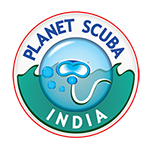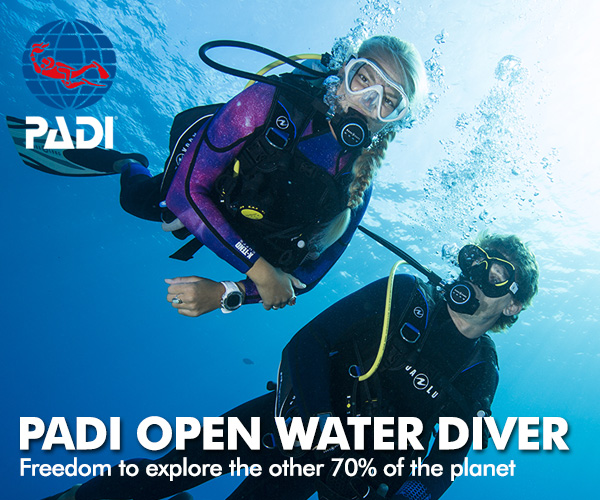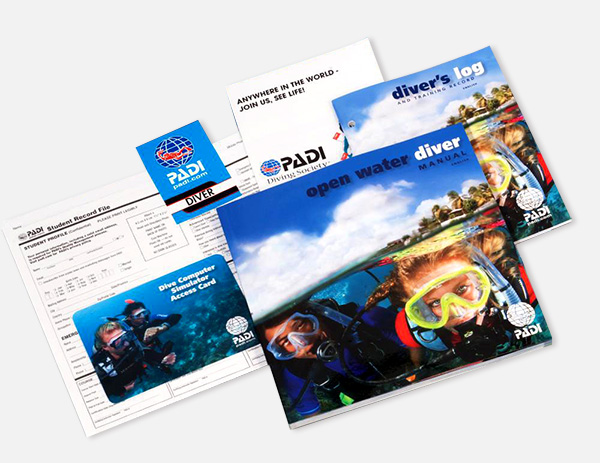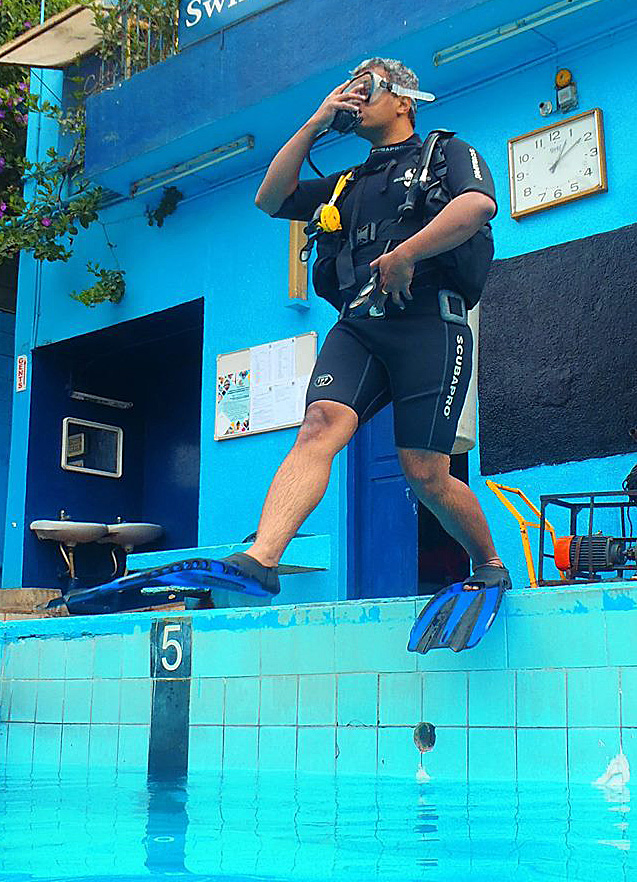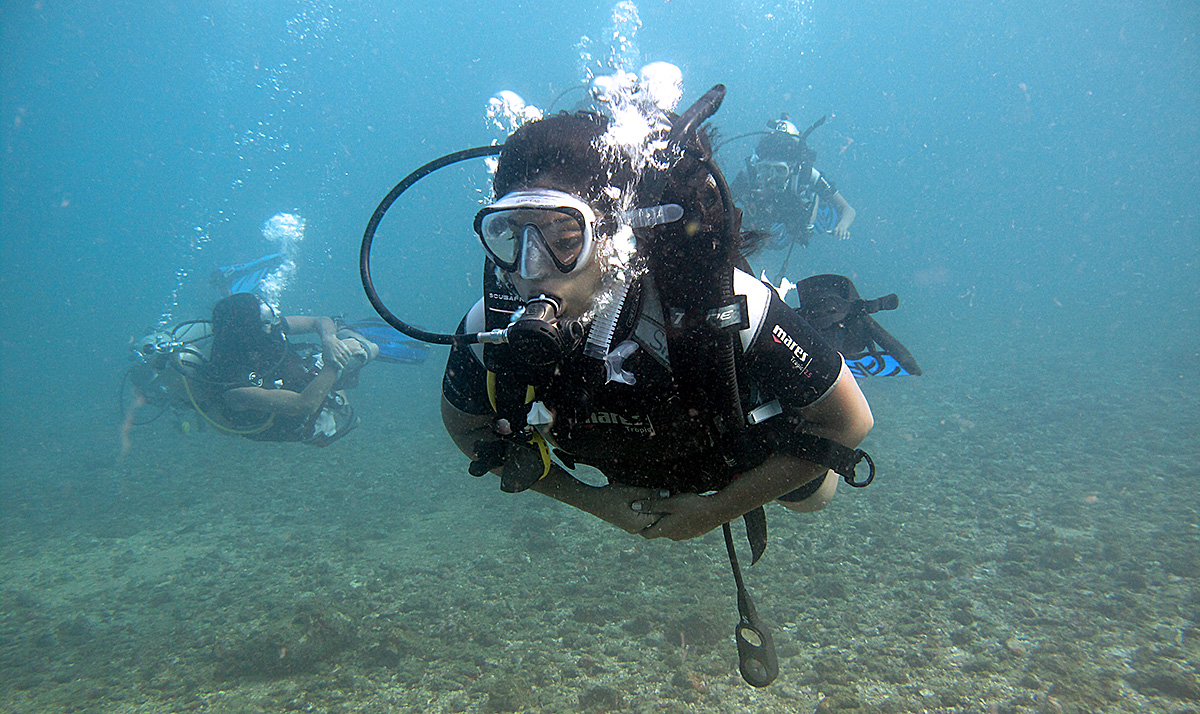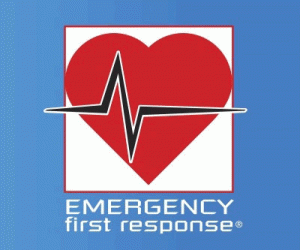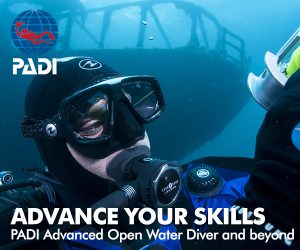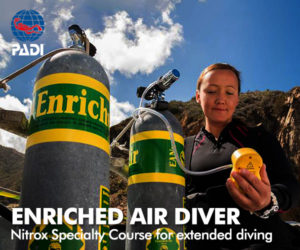If the mysteries of the deep and the call of the blue waves has been something you always longed to seek, then scuba diving is for you. This is the opportunity to get a scuba diving certification with the most popular diving certification, the PADI Open Water Diver Course. It is the most popular, widely recognized and well-known diving course the world over. Millions of people have learned to scuba dive and started their journey to discover the wonders of the blue world.
To enroll in a PADI Open Water Diver course or Junior Open Water Diver course, you must be 10 years old or older. Student divers who are younger than 15 earn the PADI Junior Open Water Diver certification, which they may upgrade to PADI Open Water Diver certification upon reaching 15.
Though no prior experience with scuba diving is required, you need adequate swimming skills and need to be in good physical health. You will need to complete a Divers Medical Questionnaire, (view sample) the purpose of which is to find out if you need to be examined by your doctor before participating in the recreational diver training.
Before completing the PADI Open Water Diver course, your instructor will have you demonstrate basic water skills to be sure you’re comfortable in the water, including:
- Swim 200 metres/yards (or 300 metres/yards in mask, fins and snorkel) without stopping. There is no time limit for this, and you may use any swimming strokes you want.
- Float and tread water for 10 minutes, again using any methods you want.
Any individual who can meet the performance requirements of the course qualifies for certification.
